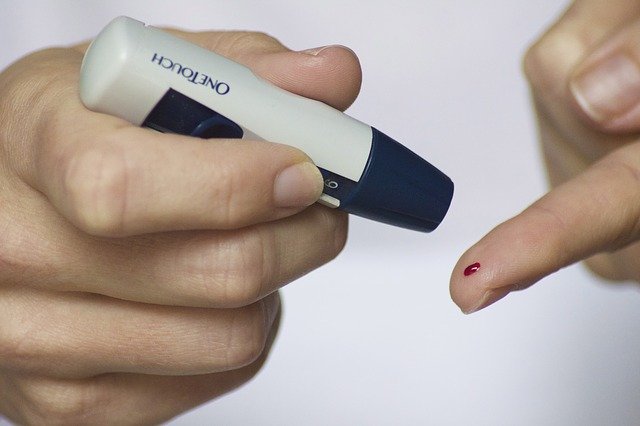
In a new study, researchers found that an organic compound produced by the intestinal flora, the metabolite 4-Cresol, exhibits protective effects against type 1 and type 2 diabetes.
The compound can stimulate the proliferation and function of insulin-producing beta cells in the pancreas.
These results pave the way for new therapeutic options that could improve the situation of millions of patients.
The research was conducted by a team at McGill University and elsewhere.
In 2019, Diabetes Canada reported that one in three Canadians has diabetes or prediabetes.
This disease, whose prevalence continues to rise, is associated with an increased risk of developing cardiovascular pathologies, making it a major public health problem.
Developing and improving treatments for these patients is therefore essential.
Recent studies have shown that frequent forms of diabetes are caused by mutations in several genes and by environmental influences and variations in the composition of the intestinal flora.
The current study reinforces these results.
This work has revealed an association between diabetes and the metabolite 4-cresol, an organic compound produced by the intestinal flora and also present in certain foods.
The researchers first conducted a metabolic profiling study to identify quantitative changes in metabolites present in the body, using blood samples from 148 adults, some of whom were diabetic.
The idea was to identify markers that could be associated with the disease.
The team found that 4-Cresol was of real interest. This product of the metabolism of the intestinal flora appears to be a marker of resistance to diabetes.
In particular, concentrations of 4-Cresol in the blood are lower in diabetic patients than in non-diabetic individuals.
Working with rat and mouse models of diabetes and obesity, the researchers then tested the effects of 4-Cresol on signs of diabetes and on the function of pancreatic beta cells, which secrete the hormone insulin.
They found that chronic treatment with a low concentration of 4-Cresol leads to an improvement in diabetes.
In particular, the researchers observed a reduction in obesity and fat accumulation in the liver, as well as an increase in pancreatic mass, and strong stimulation of both insulin secretion and proliferation of pancreatic beta cells.
The team says the findings confirm the impact of the intestinal flora on human health, demonstrating the beneficial role of a metabolite produced by intestinal bacteria, and showing new possible therapies in diabetes, obesity, and hepatic steatosis.
The lead author of the study is François Brial, an Inserm researcher.
The study is published in the journal Cell Reports.
Copyright © 2019 Knowridge Science Report. All rights reserved.



